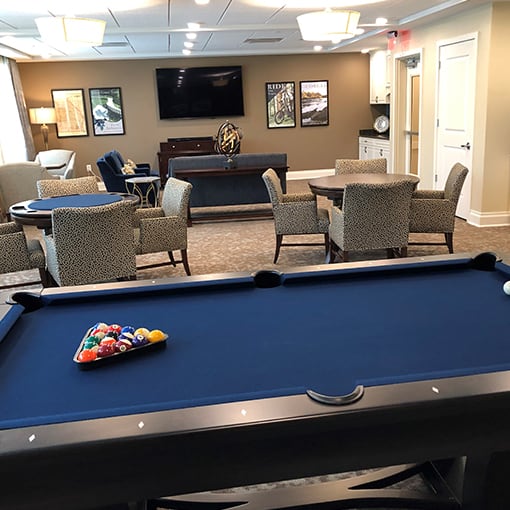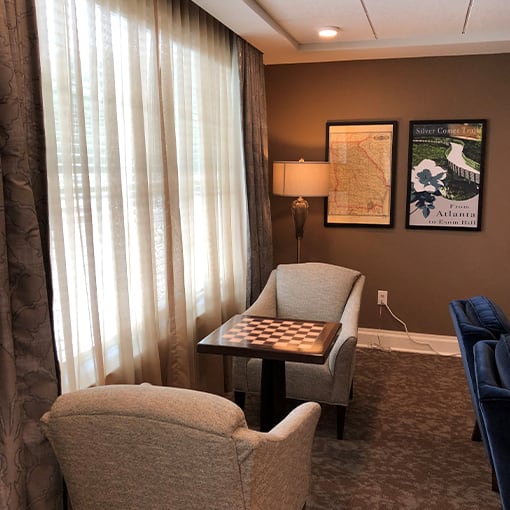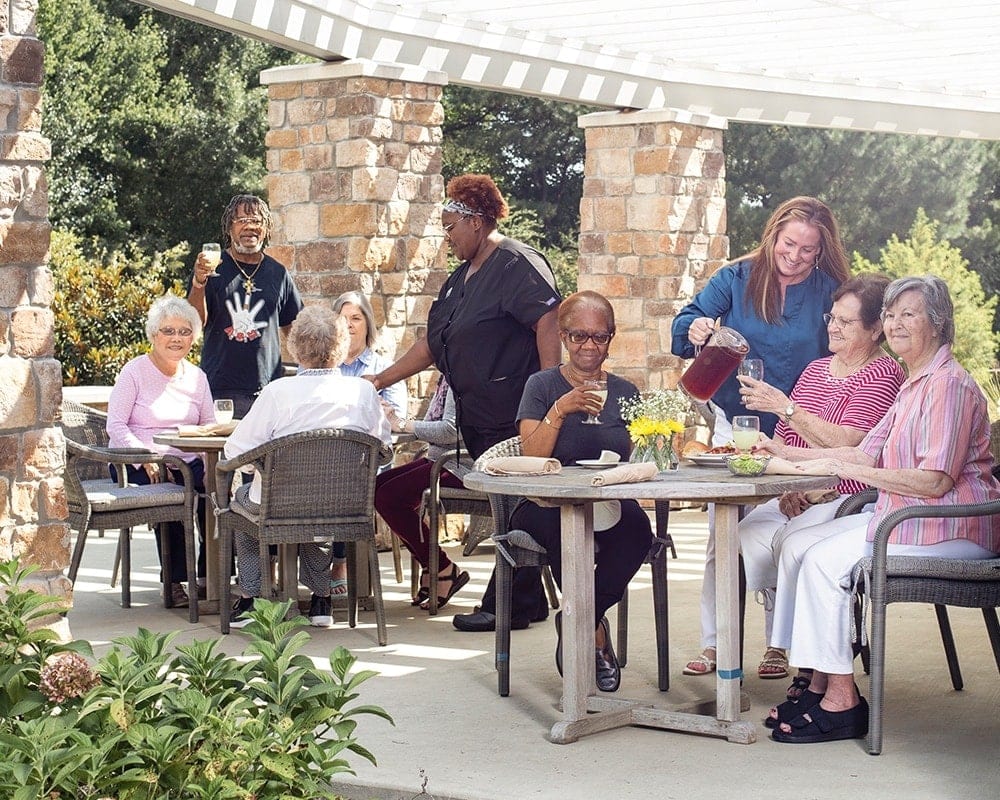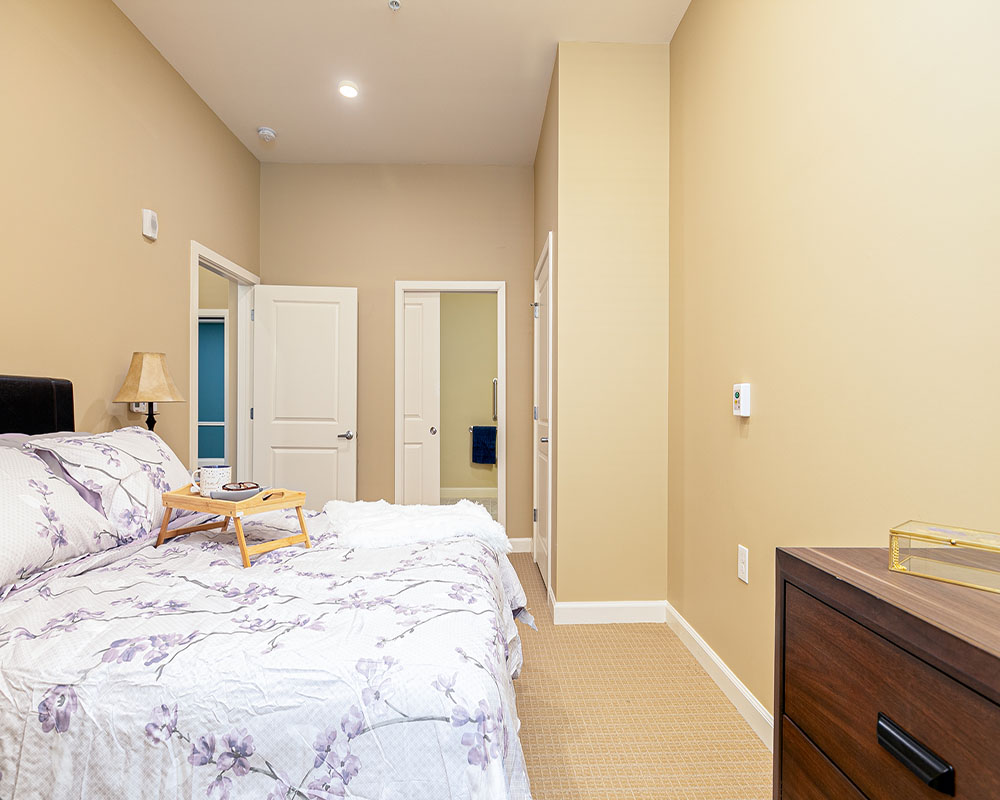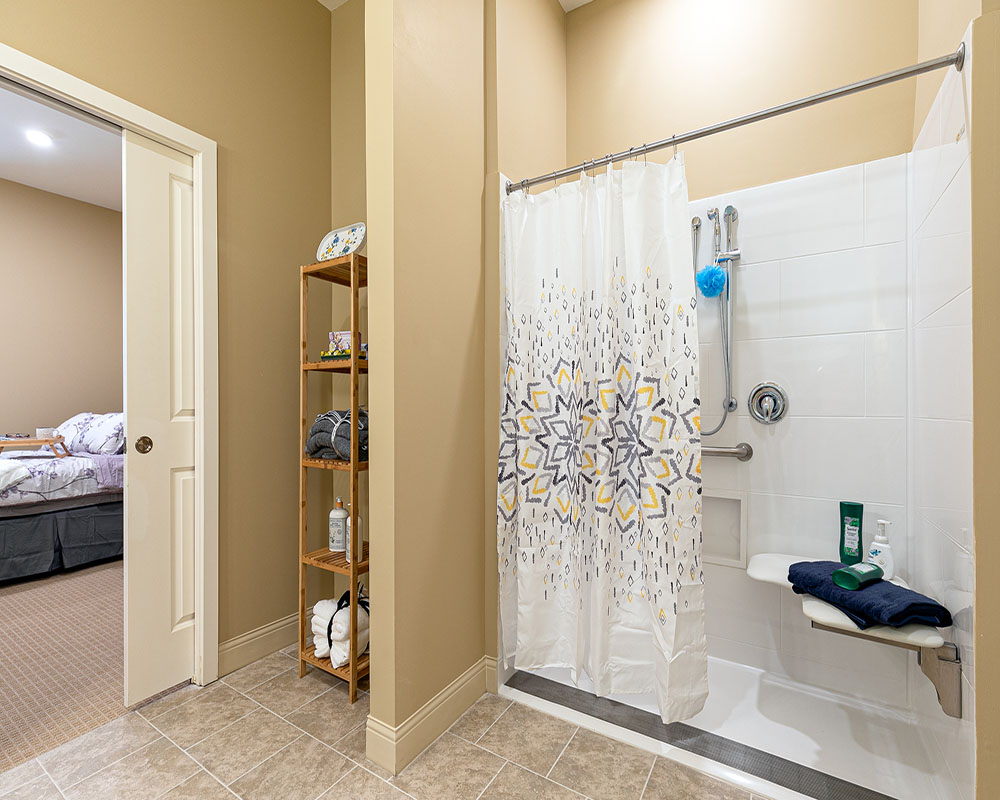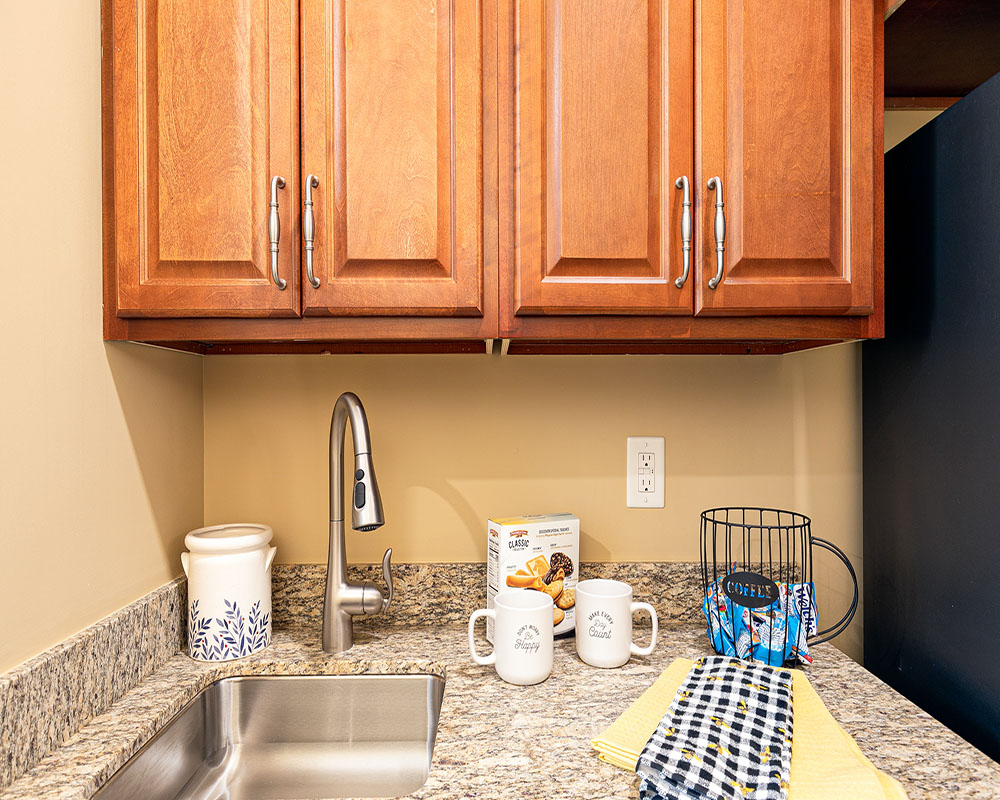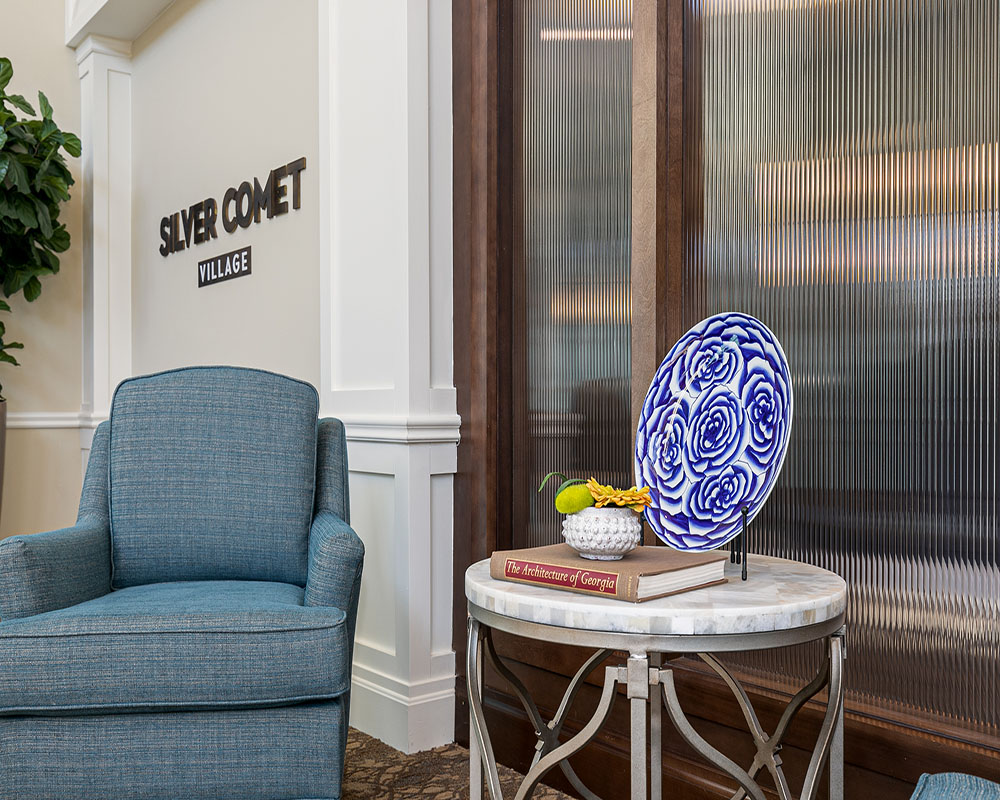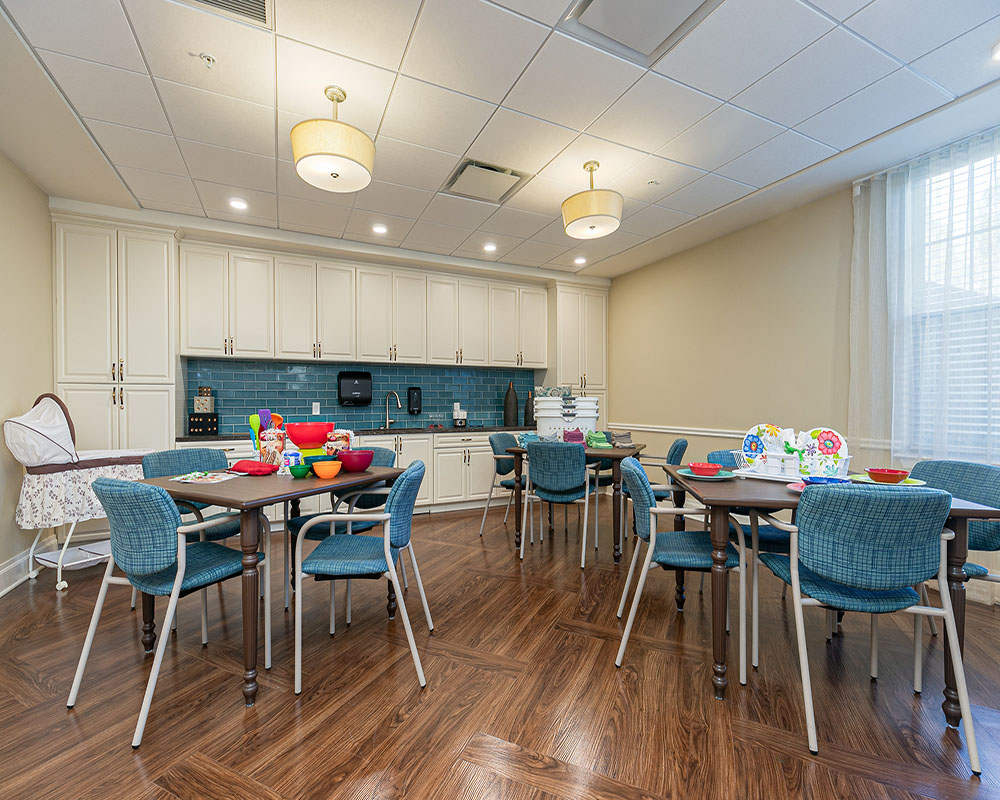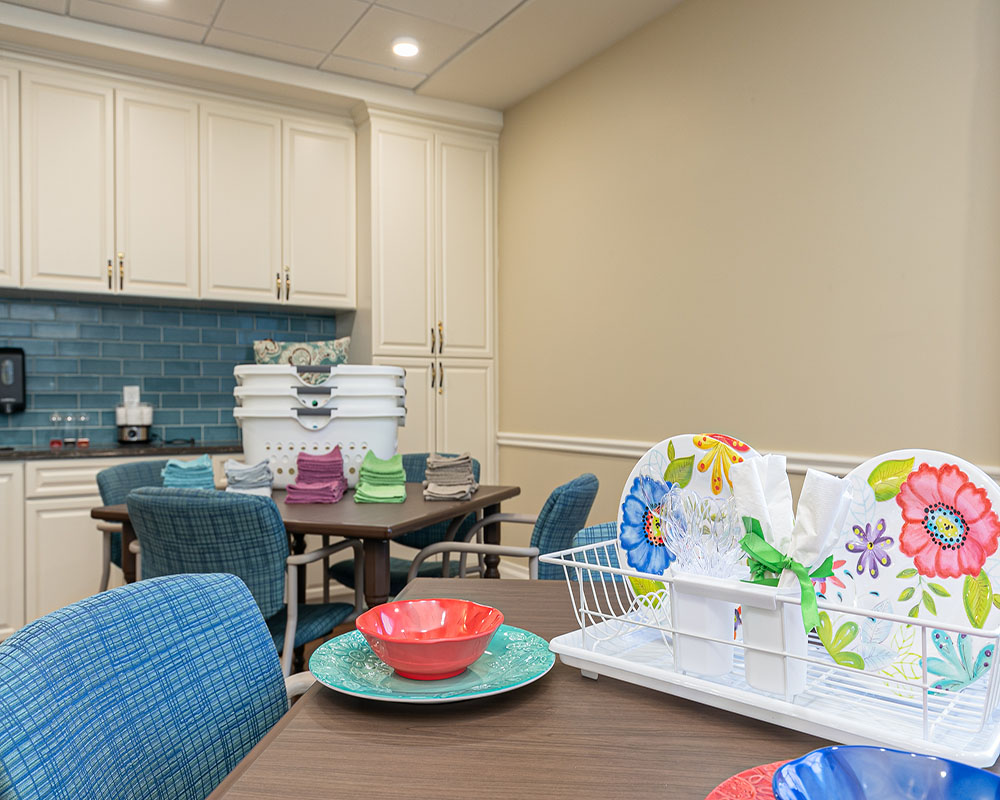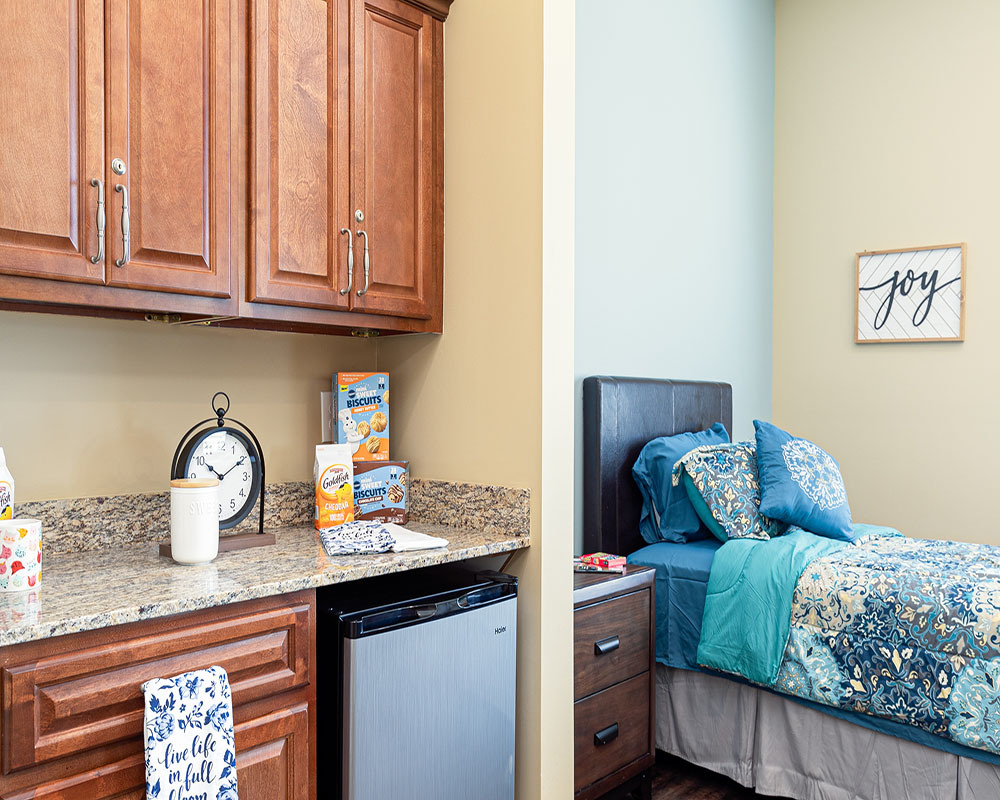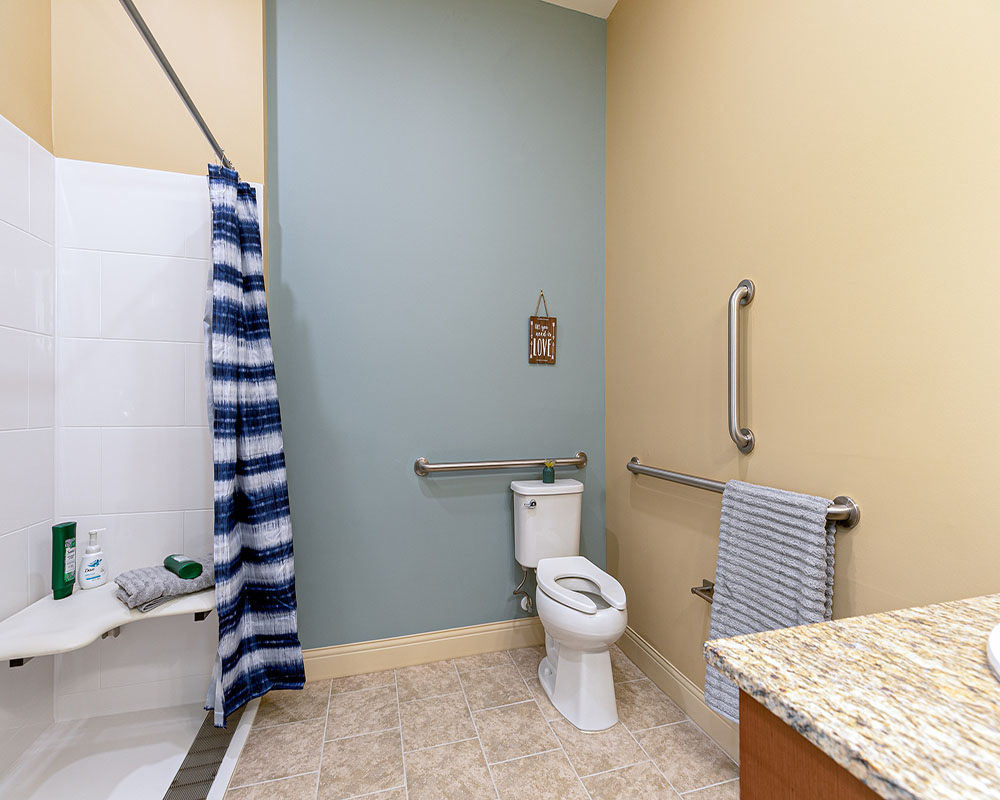Visiting a parent living with dementia builds connection and shows your love and support. These interactions help maintain connection, provide emotional comfort, and improve your loved one’s overall well-being. But family members may wonder if there’s such a thing as visiting too much.
At Silver Comet Village, we believe in balancing the frequency and duration of visits to avoid overwhelming your loved one and ensure their comfort. Let’s have a look at what this balance involves.
the importance of visits
Research shows that family involvement positively impacts the emotional health of dementia patients, often reducing psychological symptoms like depression or anxiety. Your visits can serve as a source of reassurance, reminding your loved one they’re not alone.
However, dementia affects everyone differently. While visiting can be beneficial, overstimulation or long, frequent interactions might lead to agitation, confusion, or fatigue. Recognizing these nuances is critical to ensuring your visits remain supportive and comforting.
striking the right balance
The “right” amount of visiting varies based on your parent’s unique situation. Factors to consider include:
- Stage of Dementia: people in the early-stage of dementia may enjoy longer visits, while those in later stages often benefit from shorter, quieter interactions.
- Emotional Responses: Pay attention to how your parent reacts during and after visits. If they seem agitated, restless, or withdrawn, it might be time to adjust.
- Caregiver Input: Caregivers and healthcare providers at memory care communities can offer valuable insight into your loved one’s needs how often visiting benefits them.
Finding the right balance helps your visits uplift your parent without inadvertently overwhelming them.
tips for meaningful visits
Maximizing the benefits of your time together involves creating a calm and positive environment. Here are some strategies:
- Focus on Quality Over Quantity. Shorter, meaningful visits often have a greater impact than lengthy ones. Instead of focusing on how much time you spend together, emphasize the value of your interactions.
- Maintain Consistency. A regular visiting schedule helps create predictability, reducing stress for your loved one. Visiting at the same time each week, for example, can establish a comforting routine.
- Engage in Familiar Activities. Sharing simple activities like listening to music, reminiscing over photos, or enjoying a quiet walk can create connections without overwhelming them.
- Involve Others. Encourage family members or friends to participate in visits. This variety provides additional social interaction and allows everyone to share the responsibility.
recognizing signs of overstimulation
Even with good intentions, visits can sometimes overwhelm a loved one with dementia. Signs of overstimulation include:
- Agitation: Increased irritability, repetitive behaviors, or frustration.
- Confusion: Difficulty recognizing familiar people or recalling recent interactions.
- Fatigue: Struggling to stay alert or engage in simple tasks during or after visits.
If these signs appear, consider shortening visits, reducing their frequency, or shifting to quieter activities to avoid overwhelming your loved one.
supporting your parent
Caring for a parent with dementia, even as a visitor, can take an emotional toll. Ensuring your own well-being is just as important as caring for your loved one.
- Set Boundaries
It’s okay to limit visits to avoid caregiver fatigue. Sharing responsibilities with family members or communicating with caregivers can help ease the burden. - Stay Educated
Learning about dementia and its progression equips you to better understand your parent’s needs and adapt your approach. - Seek Support
Connect with others in similar situations through support groups or online forums. Sharing experiences can provide relief and helpful coping strategies. - Take Time for Yourself
Engage in activities that recharge you, like exercise, hobbies, or quiet relaxation. A well-cared-for caregiver is better able to provide meaningful support.
Remember, asking for help is a strength, not a weakness. Whether it’s seeking guidance from a counselor or relying on the care team at Silver Comet Village, support is always available.
the role of routine
 Routine is invaluable for people with dementia, providing stability in a world that can feel unpredictable. Regular visit schedules give your parent something to look forward to and can help reduce anxiety.
Routine is invaluable for people with dementia, providing stability in a world that can feel unpredictable. Regular visit schedules give your parent something to look forward to and can help reduce anxiety.
Incorporating familiar activities into your visits—like reading a favorite book, sharing a meal, or watching a familiar movie—fosters connection while maintaining a calming structure. These rituals become anchors in your parent’s day, creating moments of comfort and joy.
For family members, routine also helps manage the emotional and logistical challenges of caregiving. We encourage families to collaborate with our team to develop visitation routines that support both residents and their loved ones.
creating meaningful connections
Even if your parent struggles to recognize you or recall details of your visit, the emotions you share often linger. The smiles, the gentle words, and the time spent together can create positive feelings that last far beyond the visit itself.
By approaching each interaction with patience, empathy, and adaptability, you can continue to nurture your relationship in meaningful ways.
balancing visits
Visiting a parent with dementia can be an important part in supporting their emotional and mental well-being. By tailoring your visits to their needs, maintaining a routine, and focusing on meaningful moments, you can strengthen your bond and create lasting memories.
At Silver Comet Village, we’re here to guide and support you every step of the way. Let us help you create a plan that fosters connection and brings comfort to your loved one’s life.
Contact us today to learn how we can work together to provide compassionate care and stability for your family.














